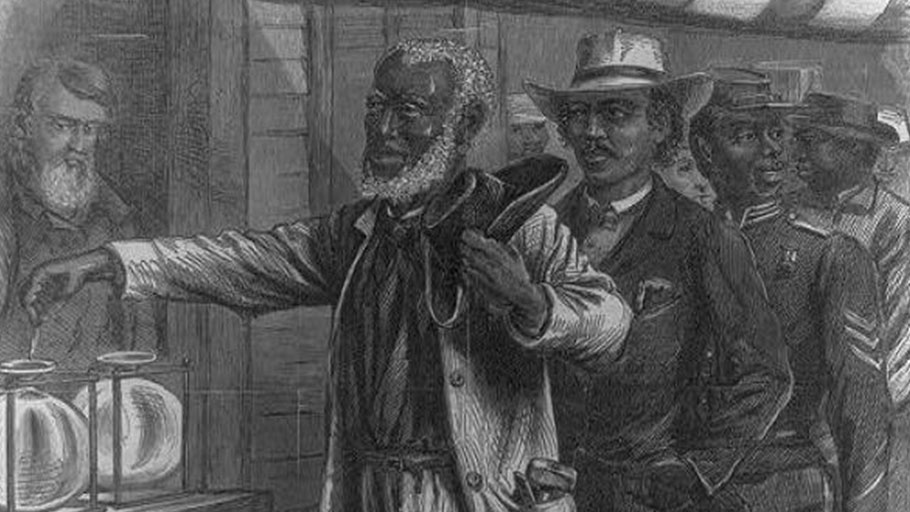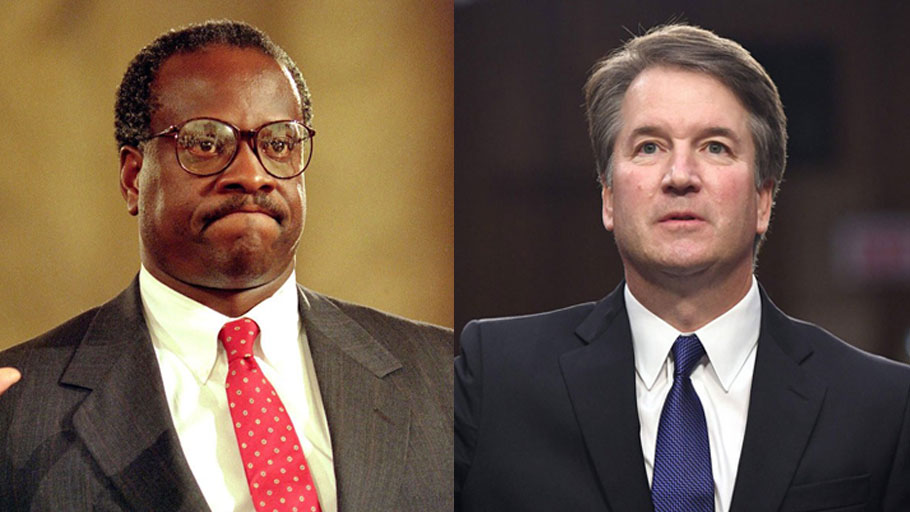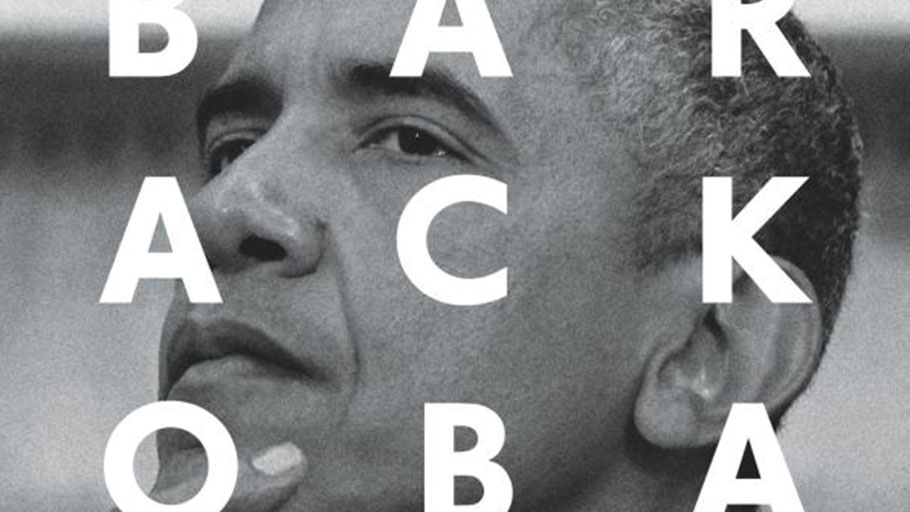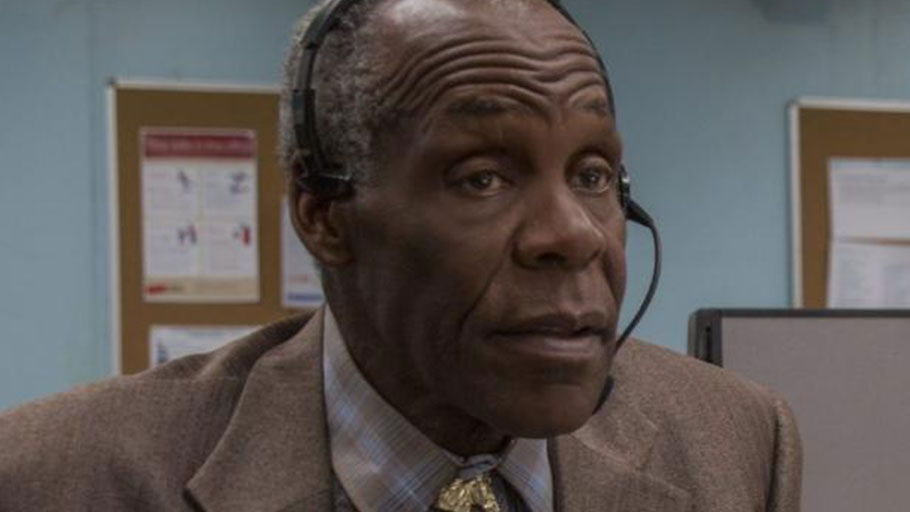
We must make reparations to the African-American community. By Ruth A. Zlotnick, Seattle Times — The Jewish community has just emerged from our holiest days, when we celebrate the New Year and make teshuvah, or atonement, for the wrongdoings of our past. I believe as a nation, the United States also must make teshuvah, atoning for our legacy of slavery by making reparations to African Americans. I came to this…

























